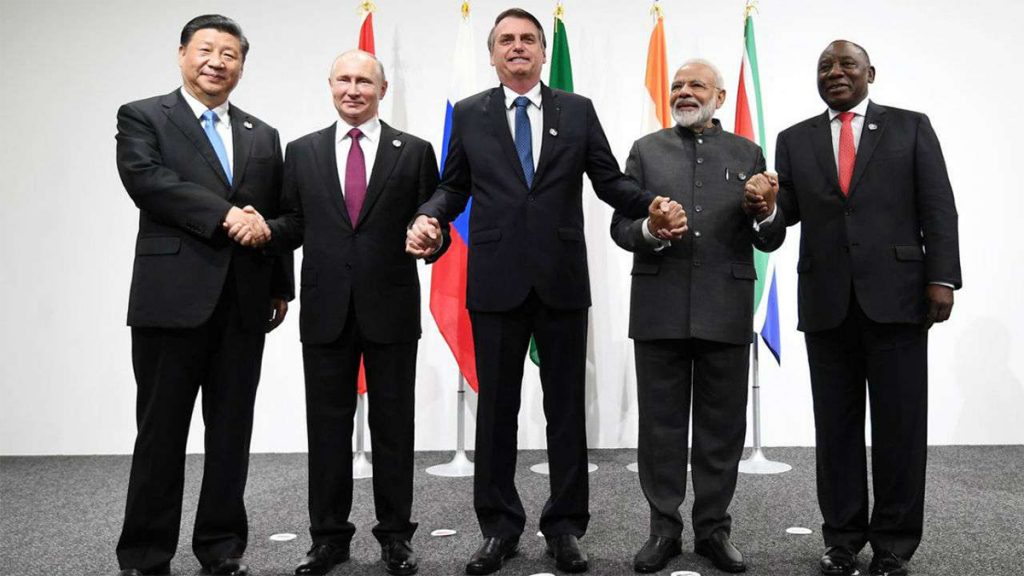Finance ministers and central lenders from China, the United States, and other G20 nations mapped out their plans in a draft communique
BRUSSELS/WASHINGTON/LONDON (Reuters) – The G20 group of major economies is poised to extend a multi-billion-dollar debt freeze for the world’s poorest nations to assist them to weather the coronavirus crisis, and might adopt a typical approach to dealing with longer-term financial obligation restructurings.
Finance ministers and central lenders from China, the United States and other G20 countries mapped out their plans in a draft communique seen by Reuters on Tuesday, and are because of complete the phrasing when they satisfy online early Wednesday.
Preparatory conferences among G20 deputies included “extreme” discussions, according to several sources acquainted with the talks, noting that China, Turkey and India had balked at the language that would lock them into future debt writeoffs.
Beijing, the biggest new creditor for emerging market economies, objected to the adoption of a common framework for handling debt issues beyond the G20 debt moratorium, a returned by the Group of 7 advanced economies, stated one of the sources. “The battle is far from over,” the source added.
Chinese authorities said they might not dedicate to future financial obligation decreases suggested by the typical structure, because that would be prohibited under Chinese law, the source stated. One service may be to note each country’s need to resolve “domestic approval treatments” in a timely way, a 2nd source said.
G20 deputies are due to gather once again early Wednesday, even prior to the principals gather at 6: 30 a.m. ET (1030 GMT) to whip out the last details, the sources stated.
The G20 Debt Service Suspension Initiative (DSSI) authorized in April has seen 43 of 73 qualified countries delay just over $5 billion in official bilateral financial obligation payments, however, that is less than half the relief that would have been possible if all qualified nations had requested forbearance.
The lack of private creditors likewise remains a problem, as does the failure of China to totally get involved with all its state-owned institutions, according to leading economic experts.
The World Bank’s primary financial expert, Carmen Reinhart, speaking at an online forum throughout the yearly conferences of the International Monetary Fund and World Bank, prompted celebrations to “expect the very best and prepare for the worst.”
IMF Handling Director Kristalina Georgieva recently stated African states alone dealt with a financing space of $345 billion through 2023 to deal with the pandemic and its economic impact.
Developing nations have pushed hard for the extension of the financial obligation freeze, however, state further procedures are needed to assist middle-income nations not presently qualified for the G20 initiative.
Angola’s financing minister, Vera Daves, informed an online forum organized by the IMF and World Bank that an extension of the DSSI would be “extremely useful.”
Authorities from Kenya and Costa Rica told an Institute of International Finance online panel that nations like China and Russia – not currently part of the Paris Club government financial obligation relief architecture – should supply more help.
” The desire to rope in all lenders, and particularly China and Russia, I believe it is fantastic,” said Patrick Njoroge, governor of the Reserve bank of Kenya. “China has actually never really existed and that has actually constantly been among the weak points of the Paris Club.”
” DEEPER FINANCIAL OBLIGATION RELIEF”
The draft communique underscored the need for private sector involvement and stated all official bilateral financial institutions must implement the initiative completely and transparently.
Odile Renaud-Basso, who chairs the Paris Club of main creditors, told a panel the DSSI initiative had supplied important short-term relief for some countries and admired China’s involvement, but stated further efforts were needed.
” The concern is what is next,” she said, including that some countries that had unsustainable financial obligation levels before the pandemic would likely require “much deeper financial obligation relief” that cut their overall financial obligation level – a step that would require the participation of China and other non-Paris Club members, as well as the private sector.
Costa Rica’s central bank president, Rodrigo Cubero, echoed those remarks, stating it was important for non-Paris Club lending institutions to be part of the support and requiring more than simply flexible credit lines from the IMF and other institutions.
A new World Bank research study on Monday showed that amongst nations eligible for the G20 debt relief, external financial obligation loads increased 9.5%in 2019 to $744 billion even prior to the pandemic.
With the coronavirus now savaging economies, the World Bank has cautioned that 150 million more people might be pushed into severe hardship by the end of next year.
